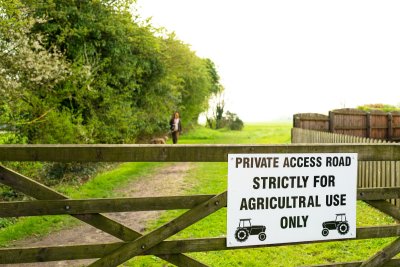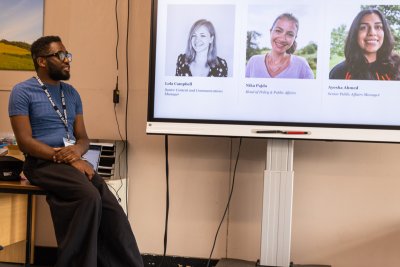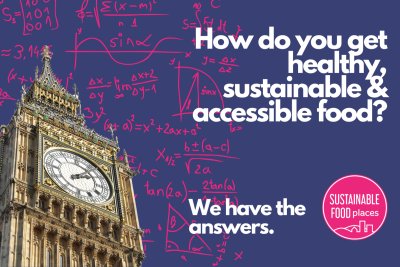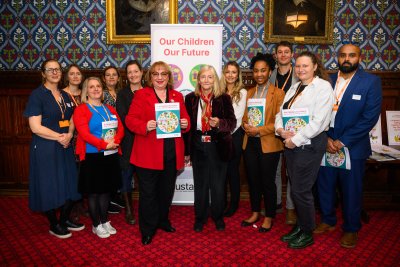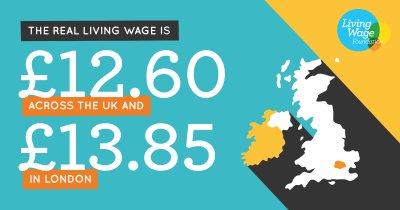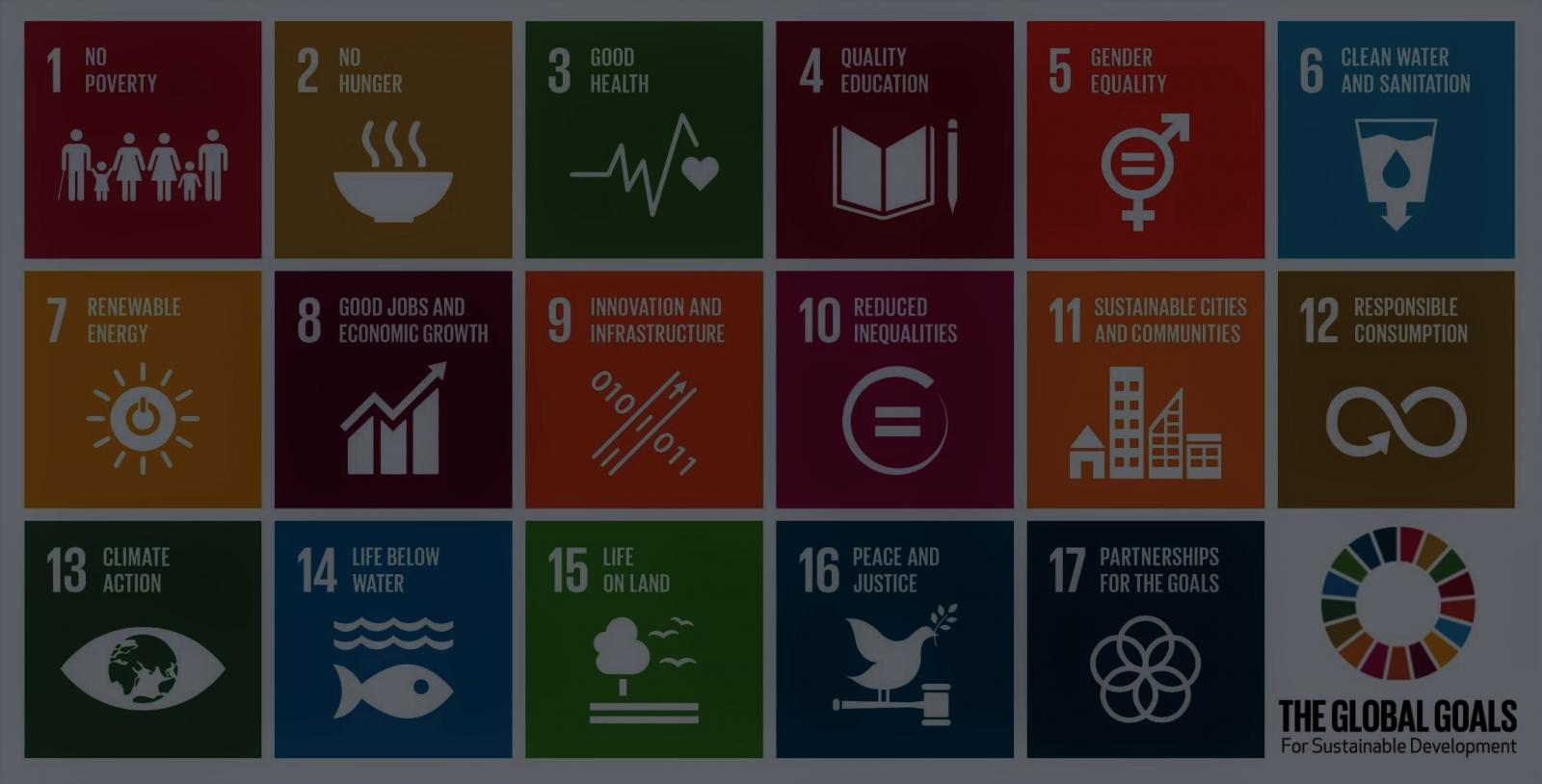
I have been struck by how many of the indicators for Goal 14 – Life Below Water - are underpinned by provisions in the EU Common Fisheries Policy (CFP). It’s worrying, then, that Michael Gove and Theresa May have recently promised to completely pull out of the CFP. The fact that the Sustainable Development Goals mirror the CFP serve as a reminder that much EU fisheries legislation is sensible, progressive and widely welcomed.
Science-based management and maximum sustainable yield
Development Goal 14.4 is to:
‘implement science-based management plans, in order to restore fish stocks in the shortest time feasible, at least to levels that can produce maximum sustainable yield as determined by their biological characteristics’
At the moment the Common Fisheries Policy’s aims are to achieve just that. The CFP requires that states share data, and collectively agree the total amount of fish to be harvested, and this total is set by a scientific body. The EU is working towards a target of fishing at maximum sustainable yield by 2020 (ie ‘shortest time possible’). We still haven’t had confirmation that this 2020 target will be maintained by the UK.
Rights for small-scale fishers
Goal 14.9 requires states to:
‘Provide access for small-scale artisanal fishers to marine resources and markets’.
The CFP – thank goodness - includes a clear requirement to allocate fishing rights on social and ecological criteria to benefit smaller, lower-impact and artisan fishers. Unfortunately, our Government hasn’t done well at implementing this rule which makes it all the more worrying that it might be kicked out. In 2016, for example, three companies controlled 61% of the quota for England and Wales, and in fact Greenpeace took the UK Government to court for failing to follow these rules.
Subsidies and funding
Goal 14.6 is to prohibit, by 2020,
‘certain forms of fisheries subsidies which contribute to overcapacity and overfishing, eliminate subsidies that contribute to illegal, unreported and unregulated fishing and refrain from introducing new such subsidies,’
For the last decade or so, funding from the EU has specifically supported fishers to improve sustainability – to counter perverse subsidies – including improving gear, funding data collection and sustainability certification. There is still no guarantee – despite promises in the run up to the election – that fisheries funding will continue after Brexit. Last month treasury secretary Liz Truss confessed that whether the fishing sector will get the same funding after Brexit will depend on ‘wider UK strategic priorities and other domestic spending decisions’.
So, in short, three clauses from the Sustainable Development Goal ‘Life Under Water’ are currently set out in the Common Fisheries Policy, and are thus helping the UK meet its international obligations – not to mention creating the scientific basis, small-scale access rights and funding for sustainable fishing. The fisheries White Paper (now months overdue) must protect these parts of the CFP, as well as setting out how we can ensure that all UK fisheries are verifiably sustainable, and how Government will support sustainable UK boats through its own purchasing.
Check out Sustainable Fish Cities' proposals for a sucessful Common Fisheries Policy.
Get involved - tell your MP that you want a say in trade deals after Brexit
Sustainable Fish: A campaign to protect precious marine environments and fishing livelihoods, and call for fish to be bought from sustainable sources. We want to show what can be done if people and organisations make a concerted effort to change their buying habits.
Sustain
The Green House
244-254 Cambridge Heath Road
London E2 9DA
020 3559 6777
sustain@sustainweb.org
Sustain advocates food and agriculture policies and practices that enhance the health and welfare of people and animals, improve the working and living environment, promote equity and enrich society and culture.
© Sustain 2024
Registered charity (no. 1018643)
Data privacy & cookies
Icons by Icons8
